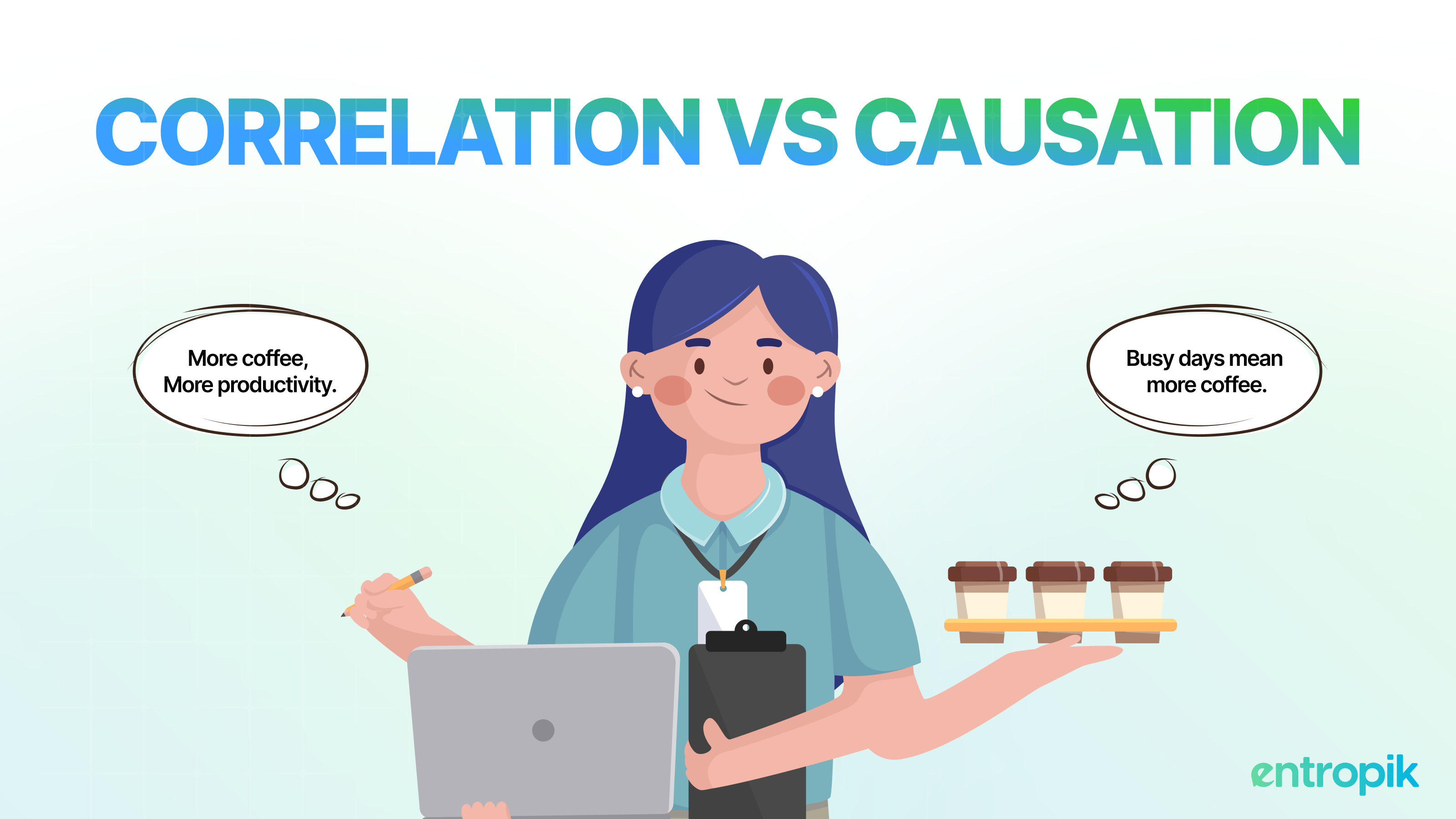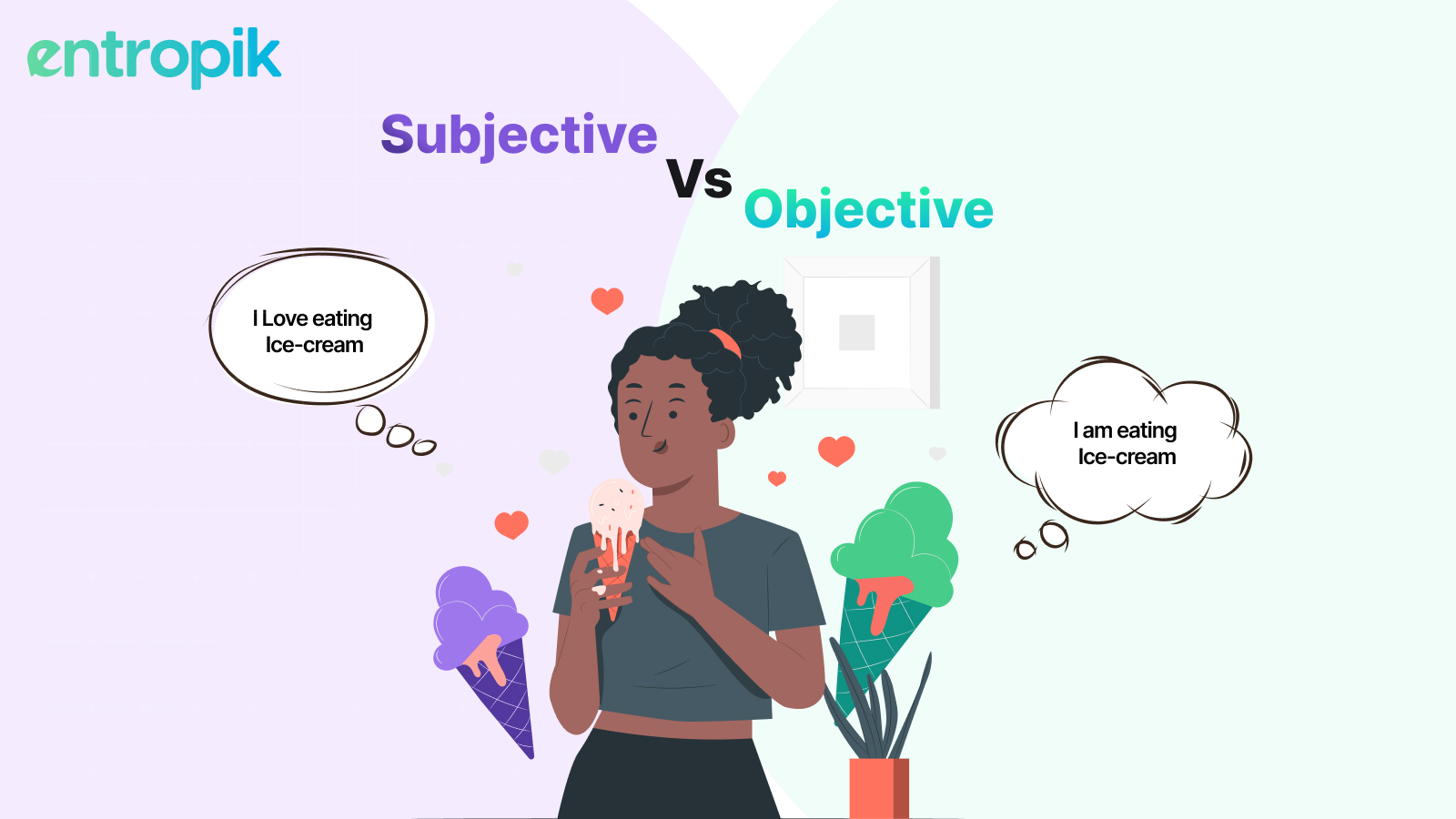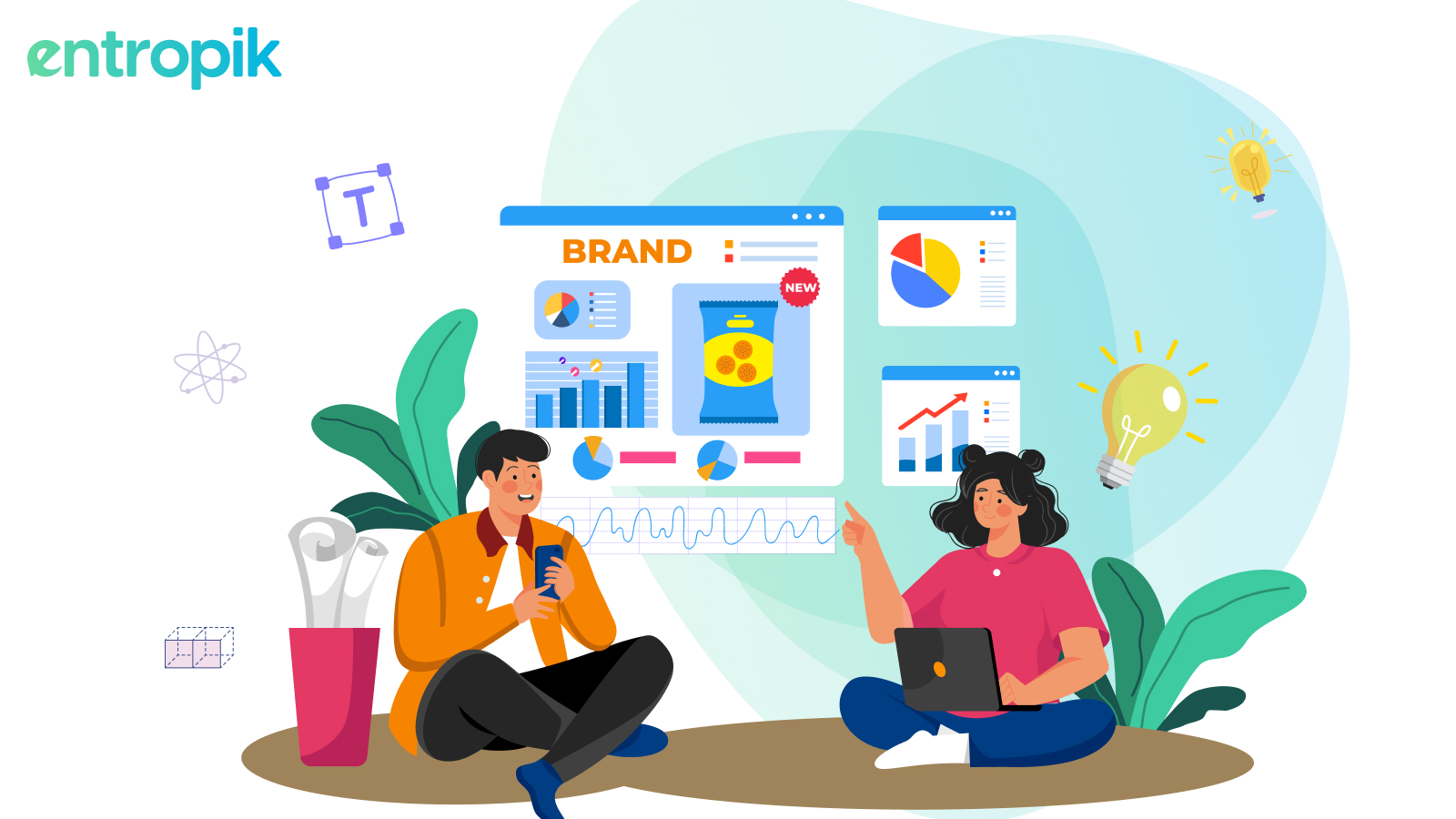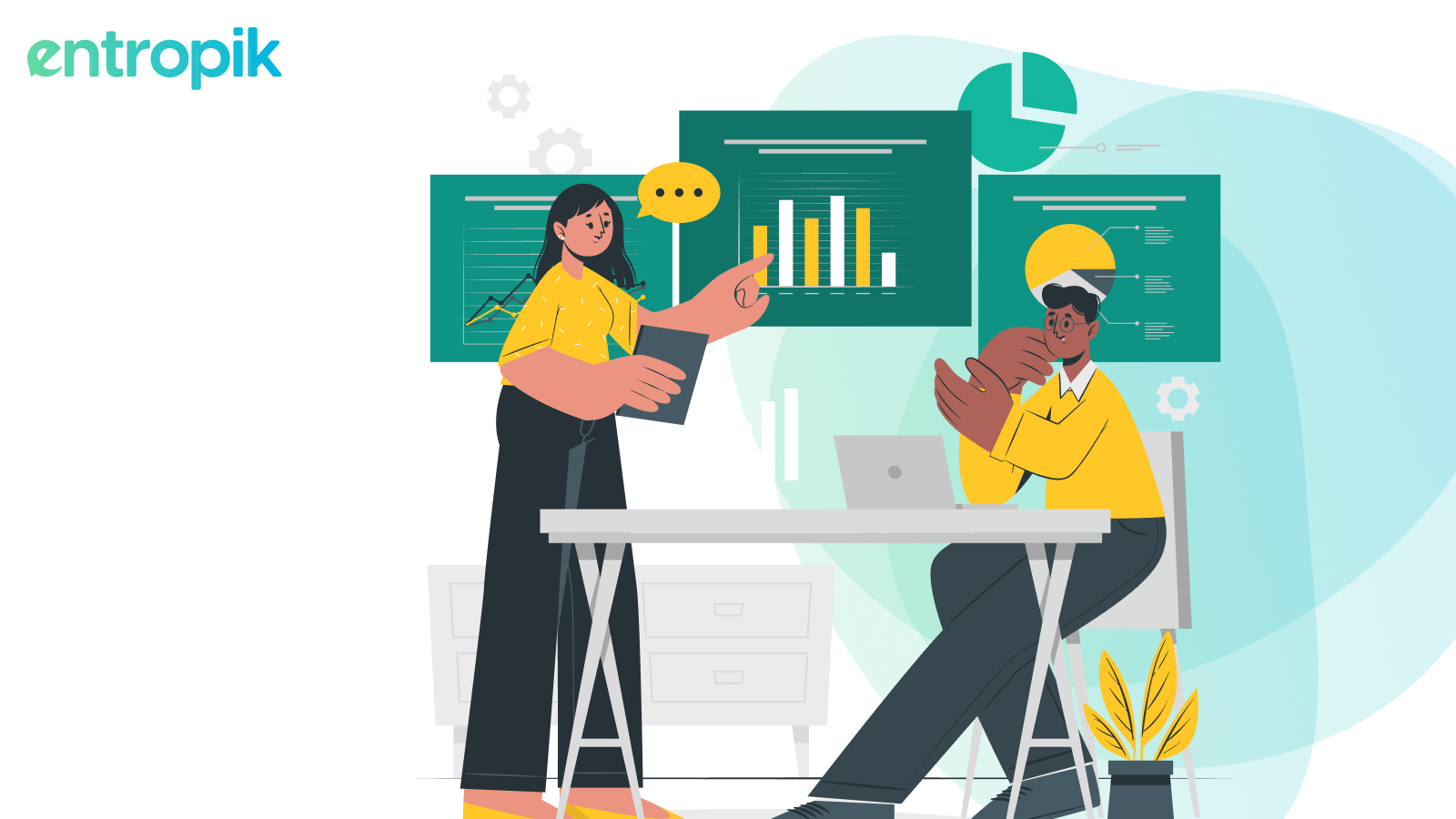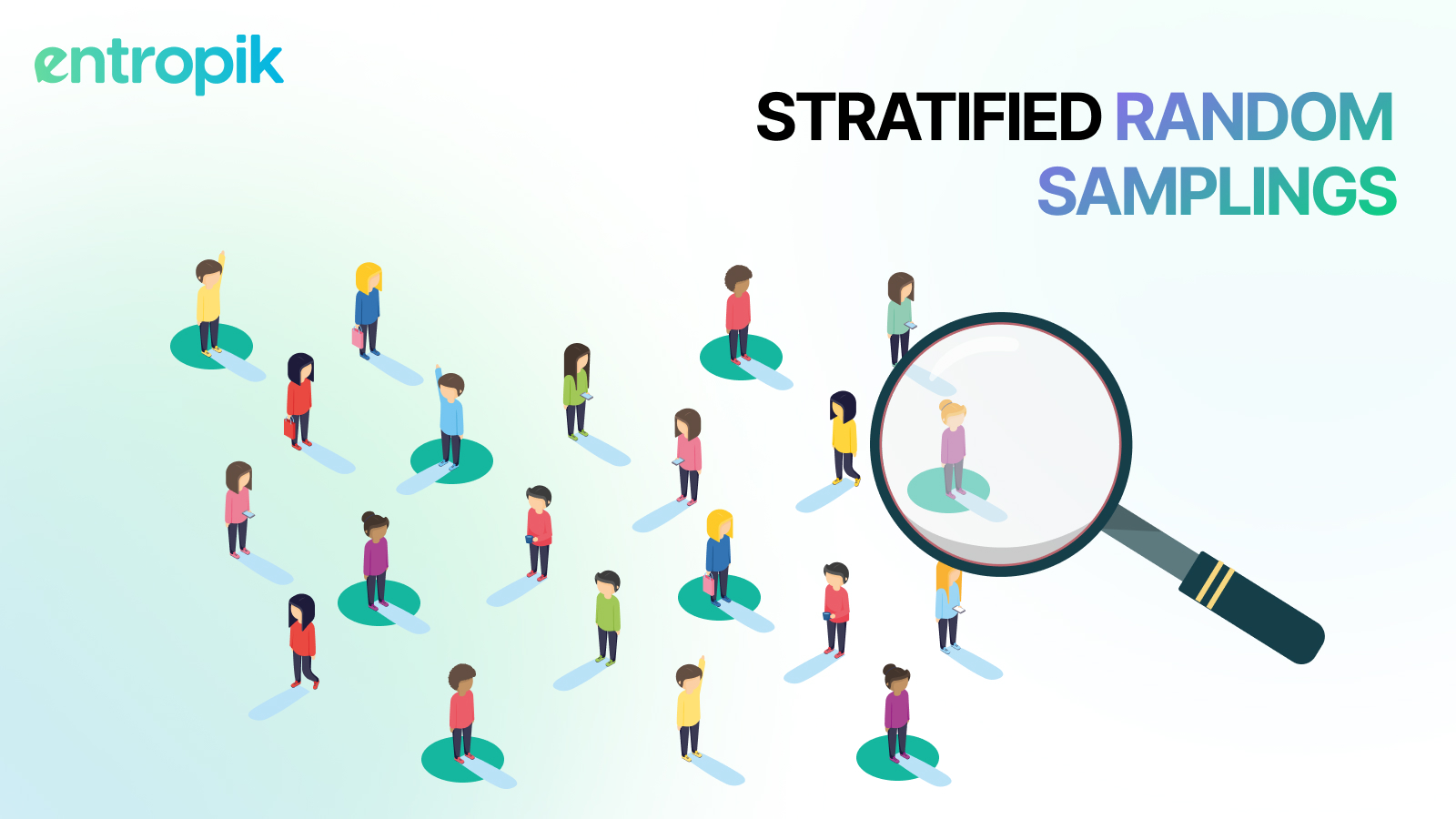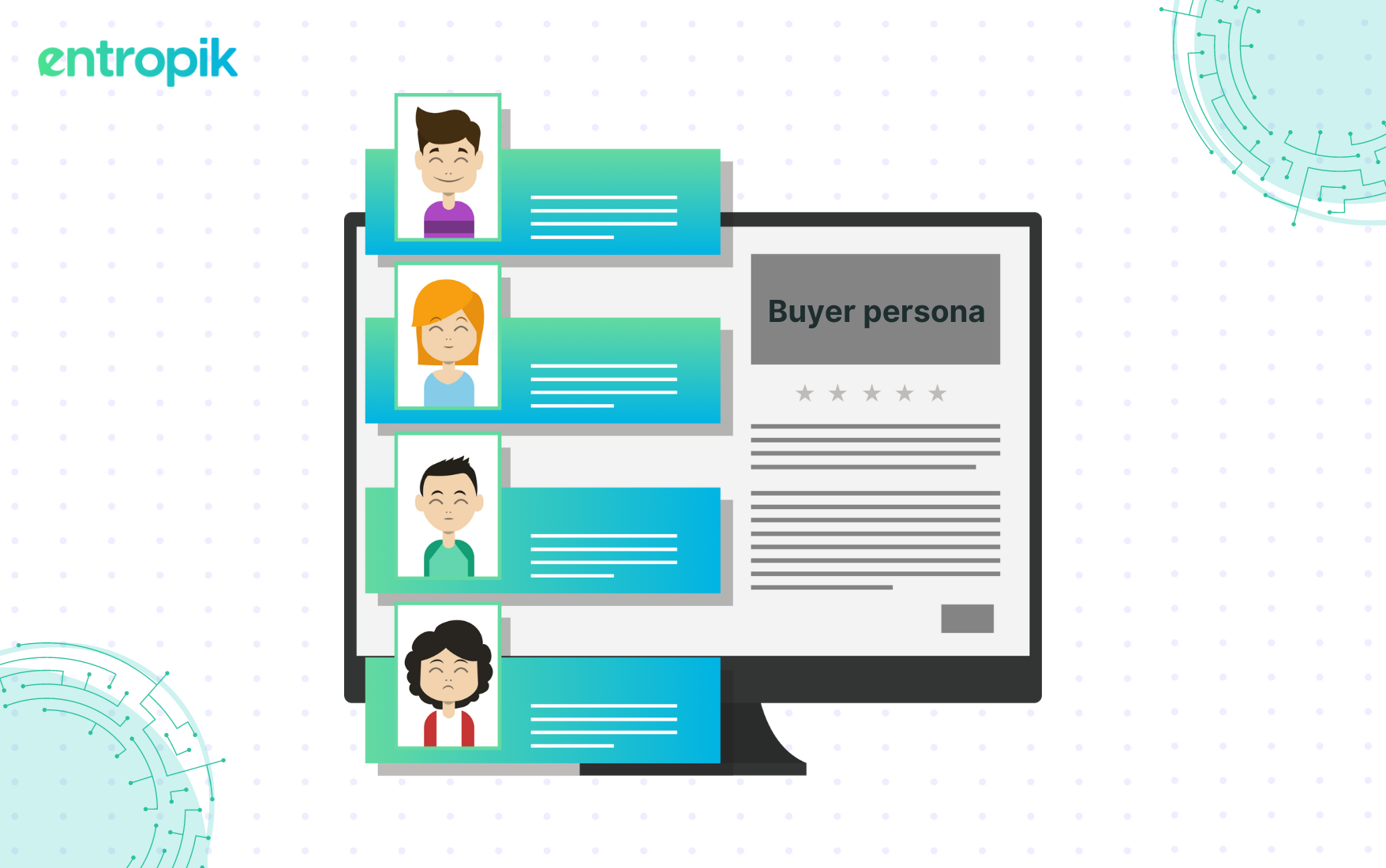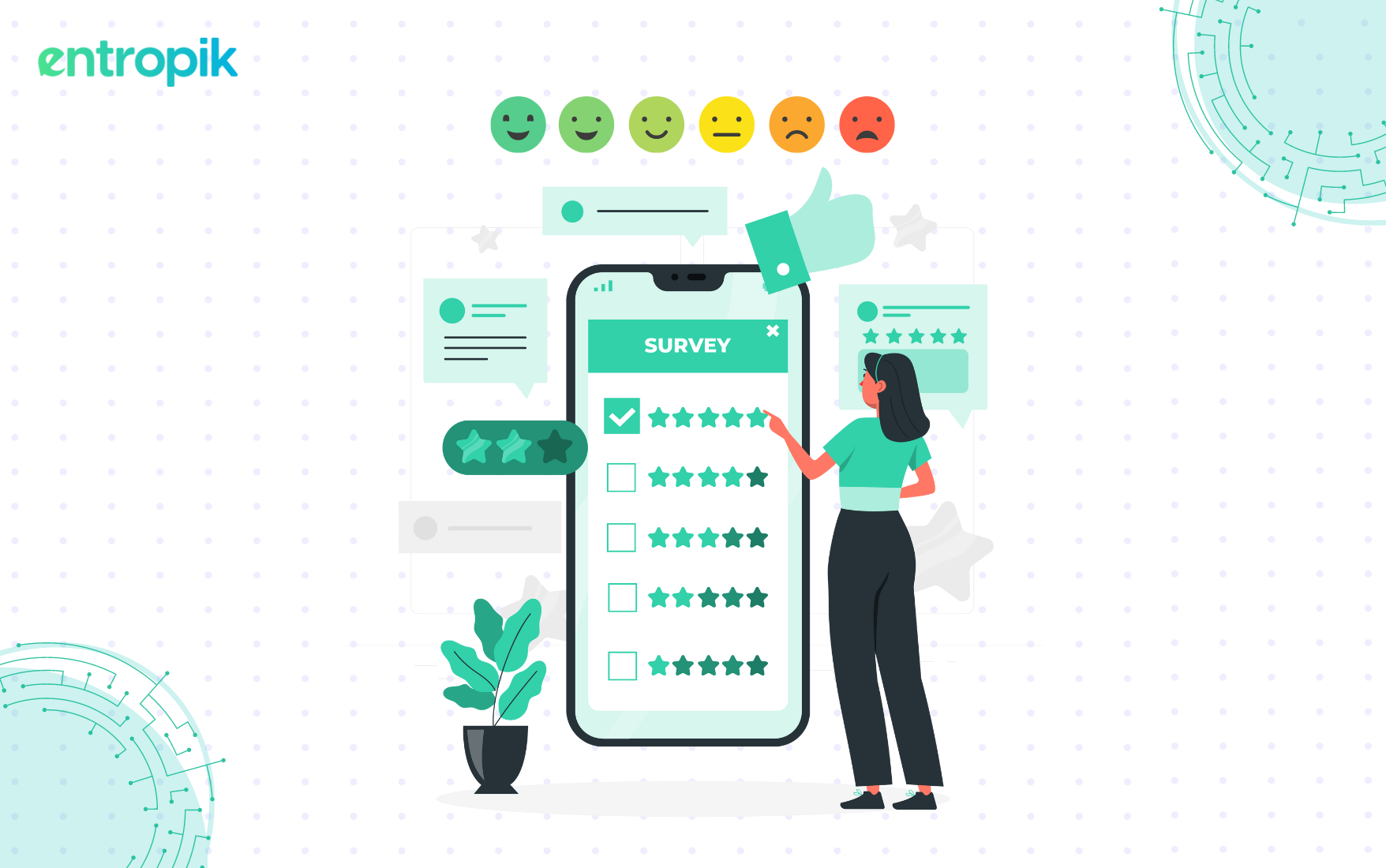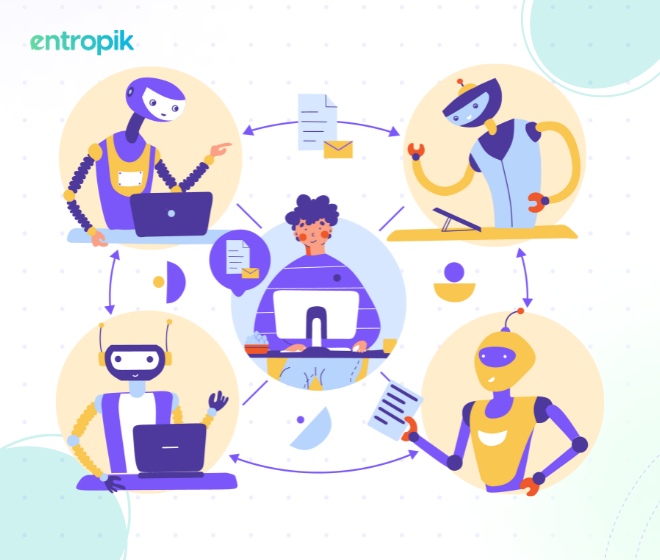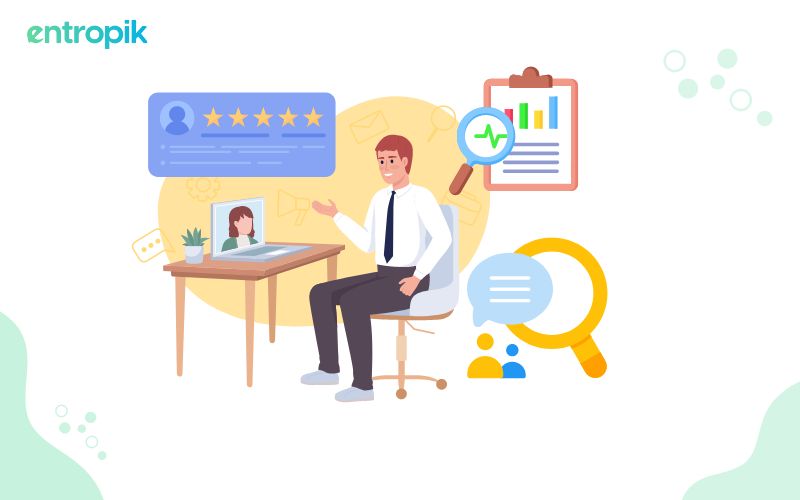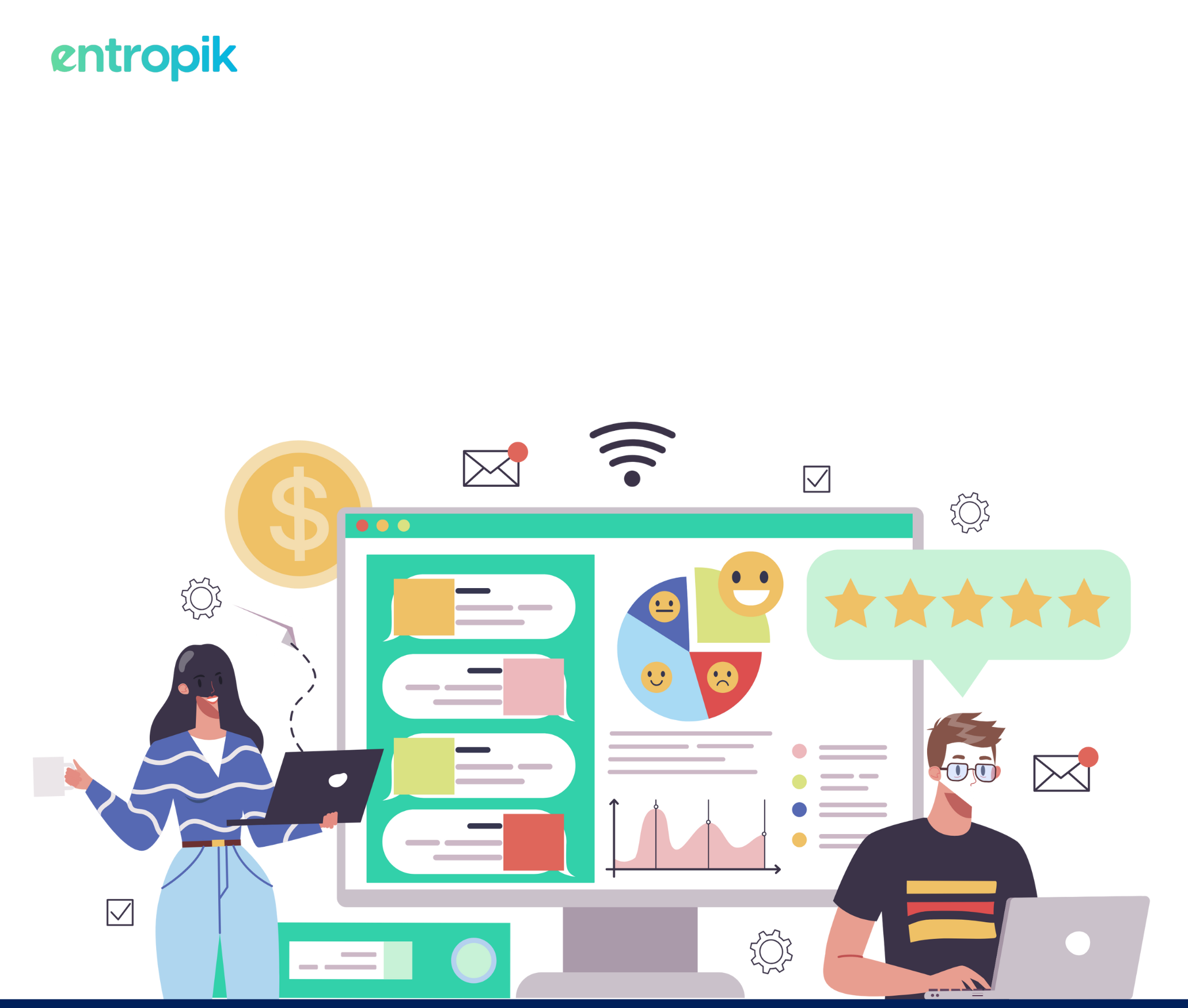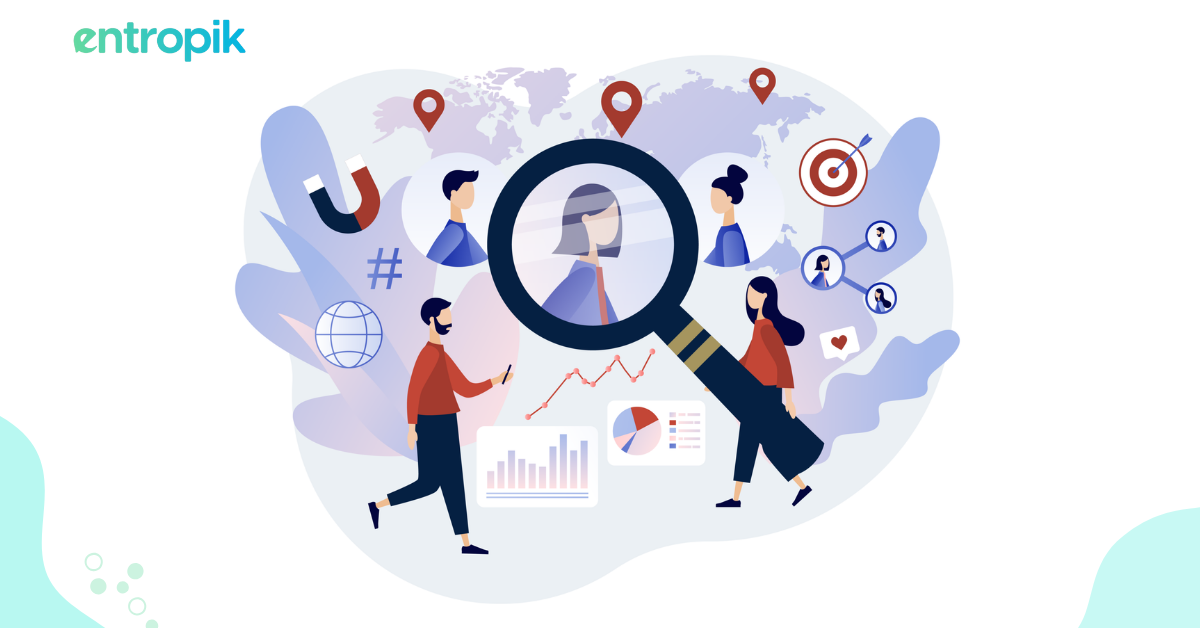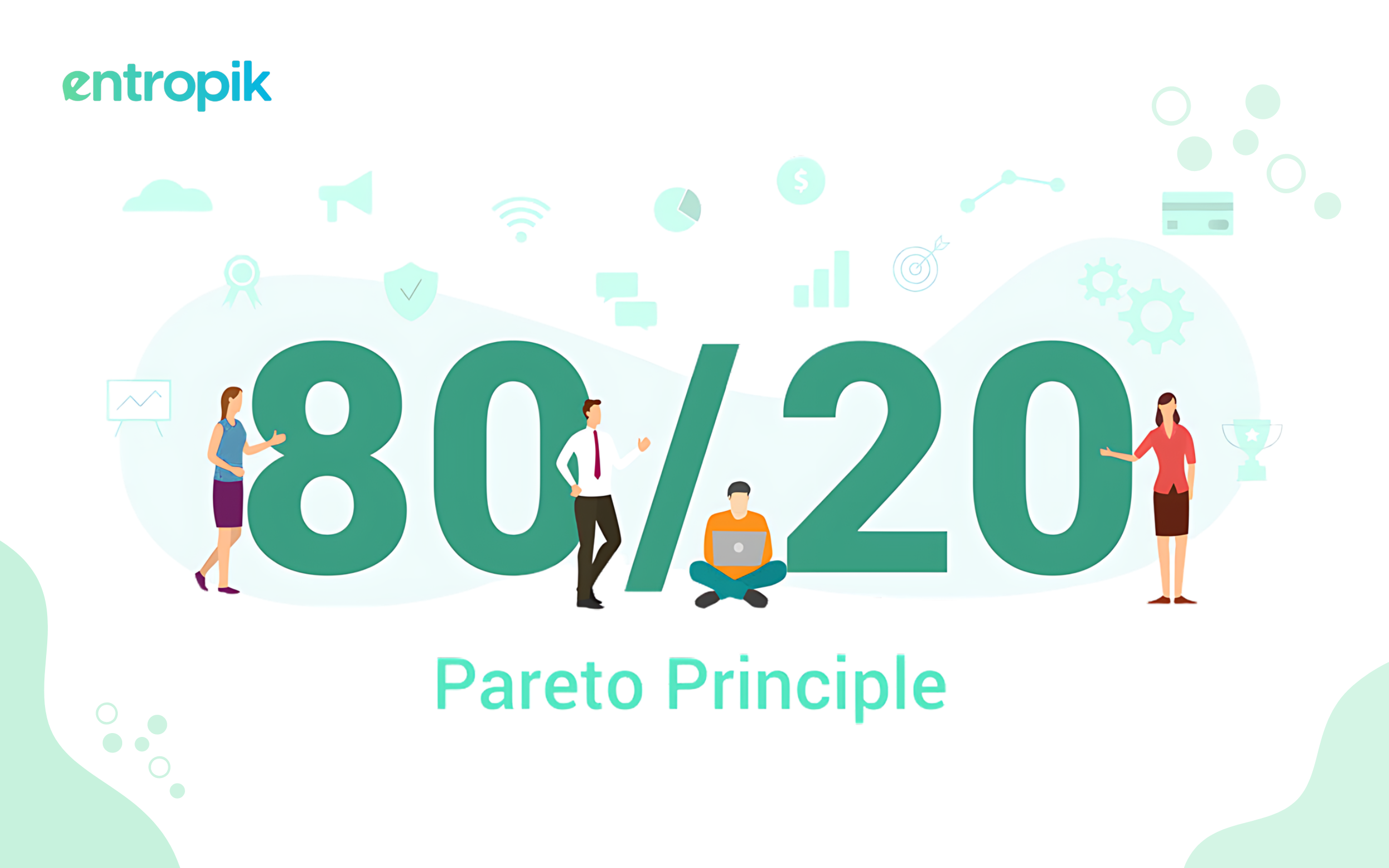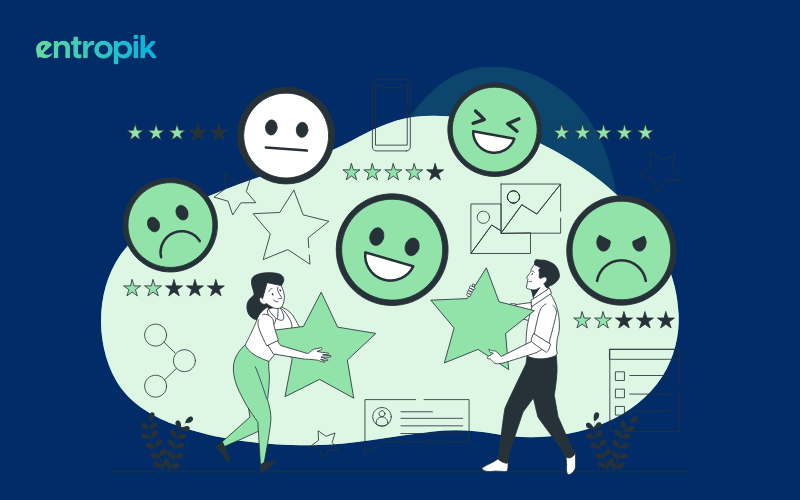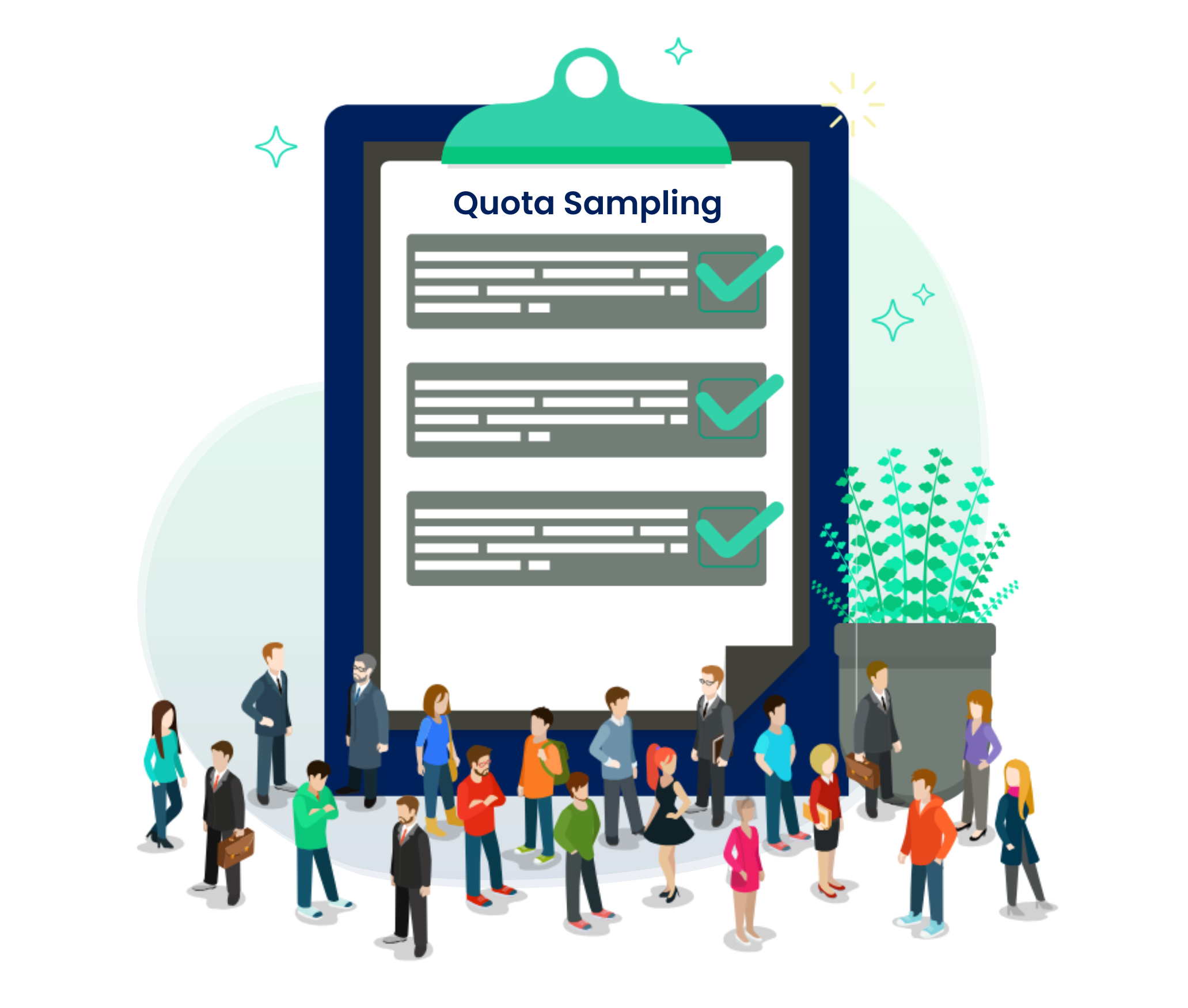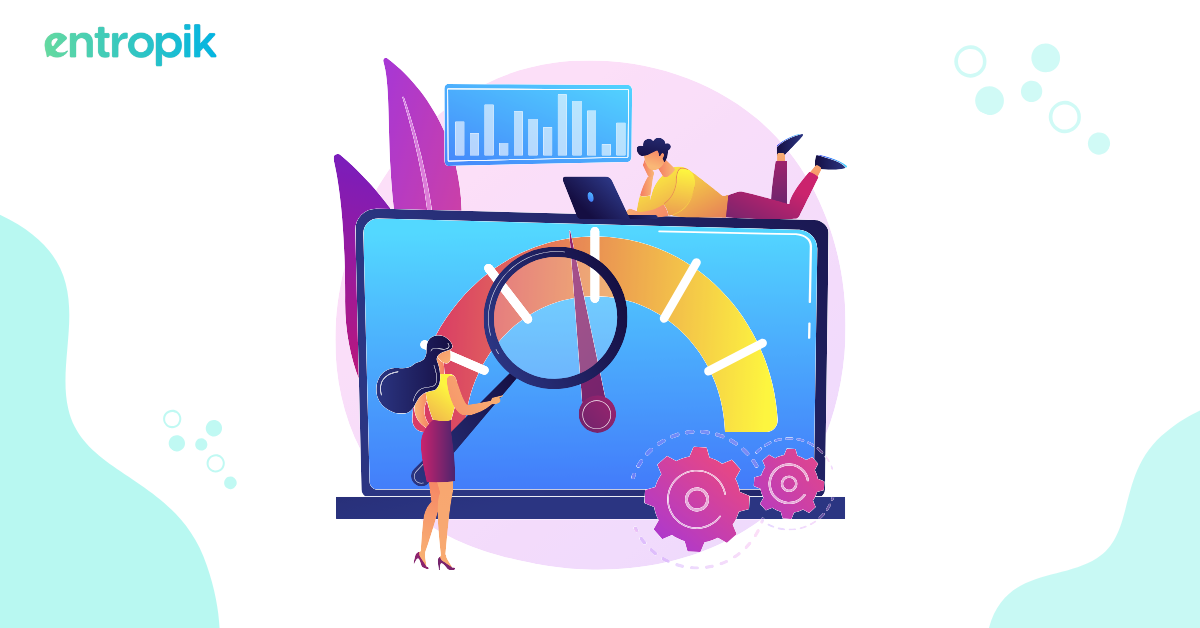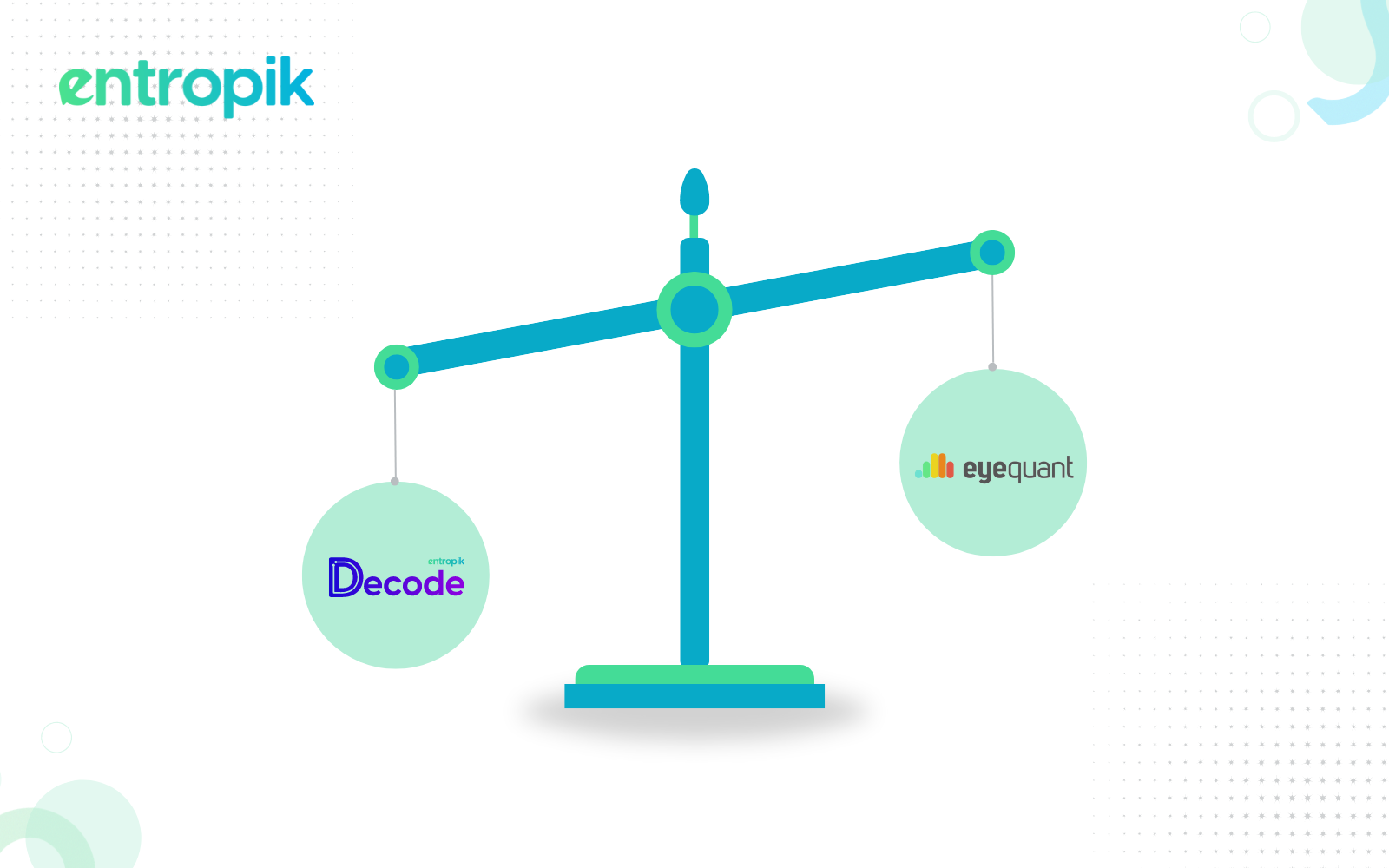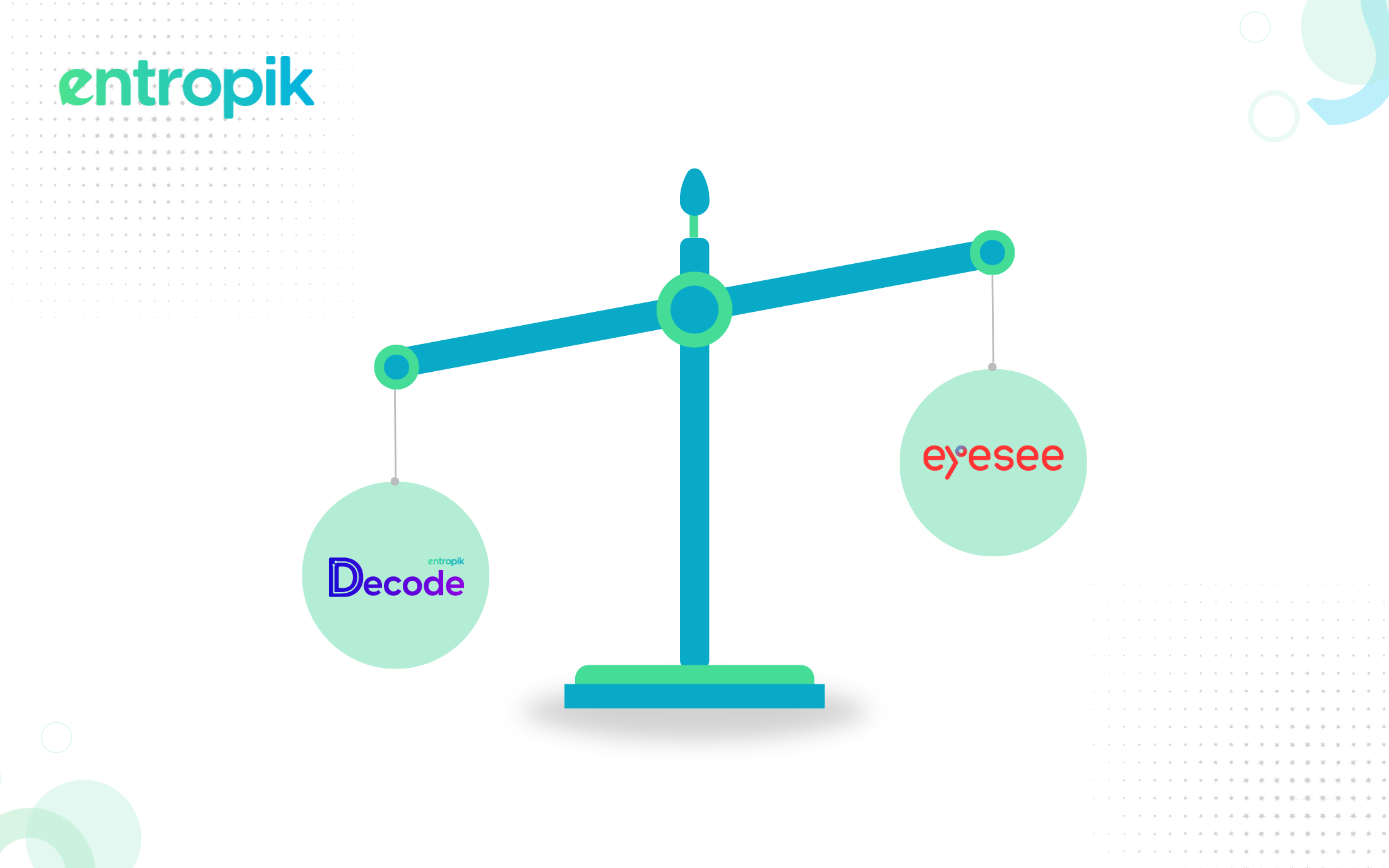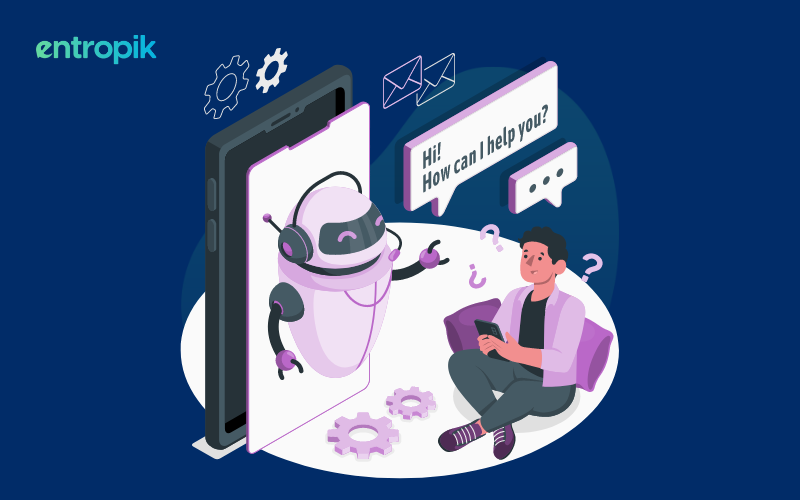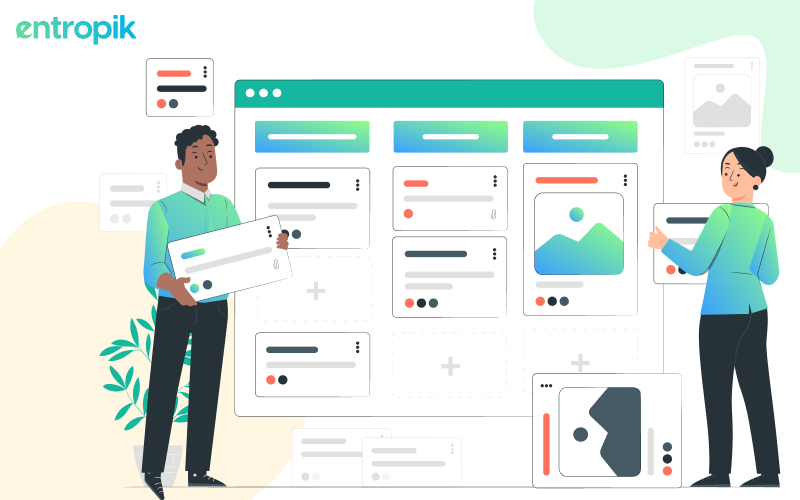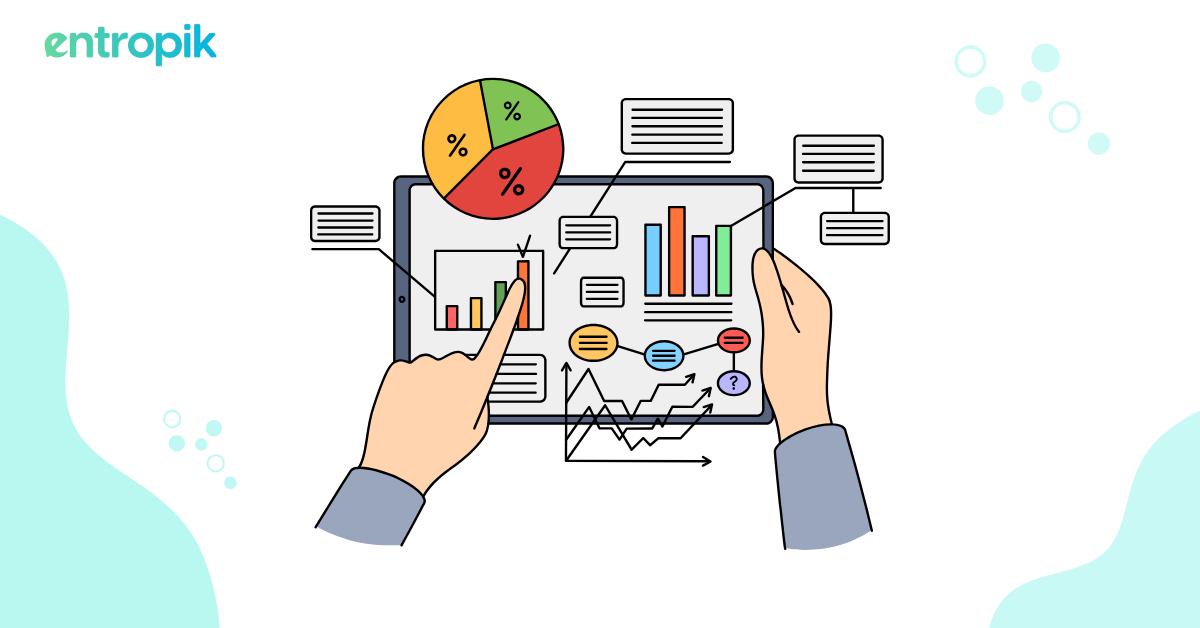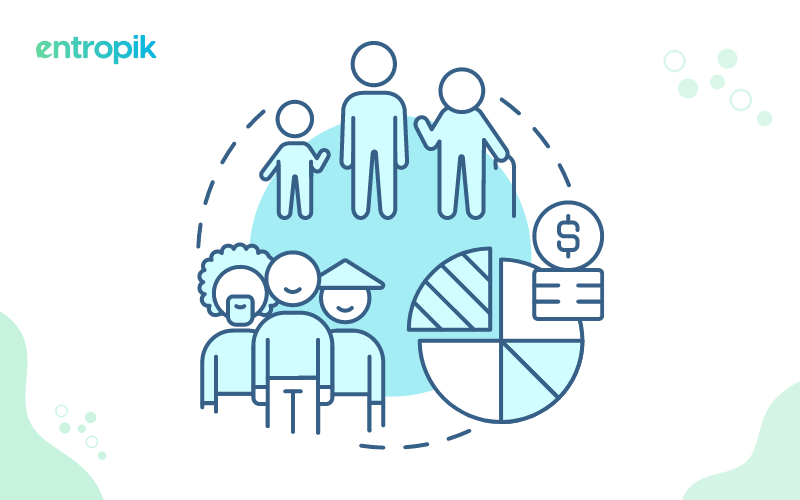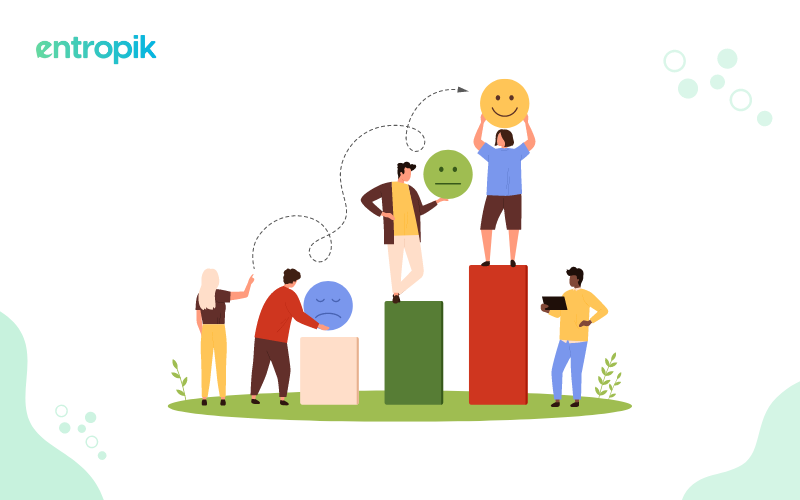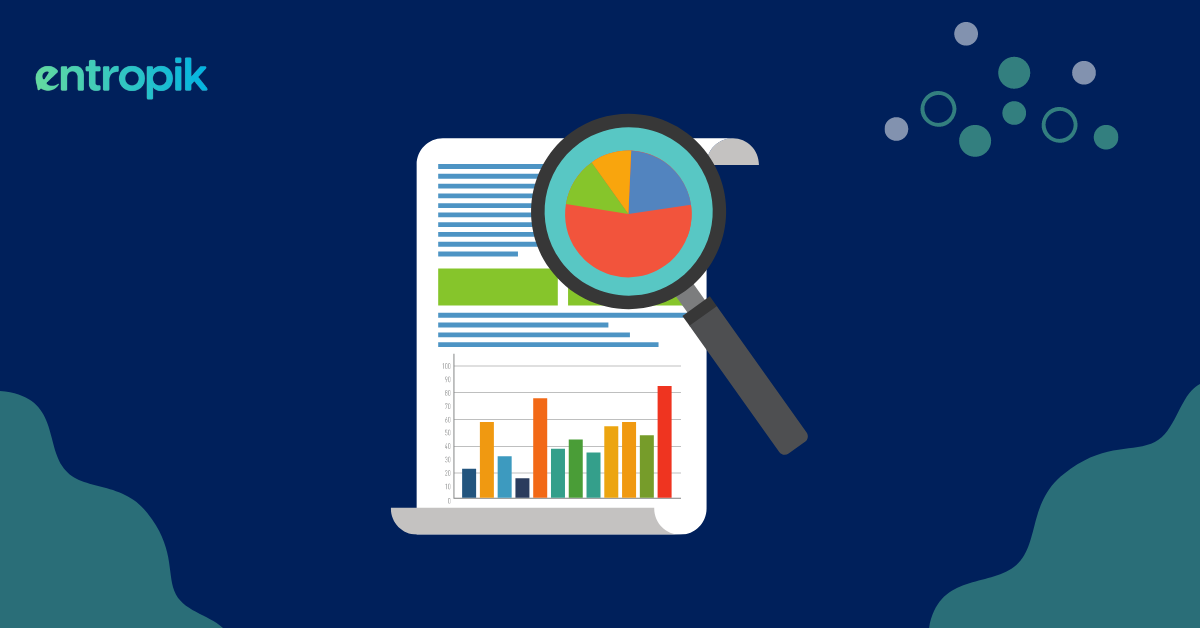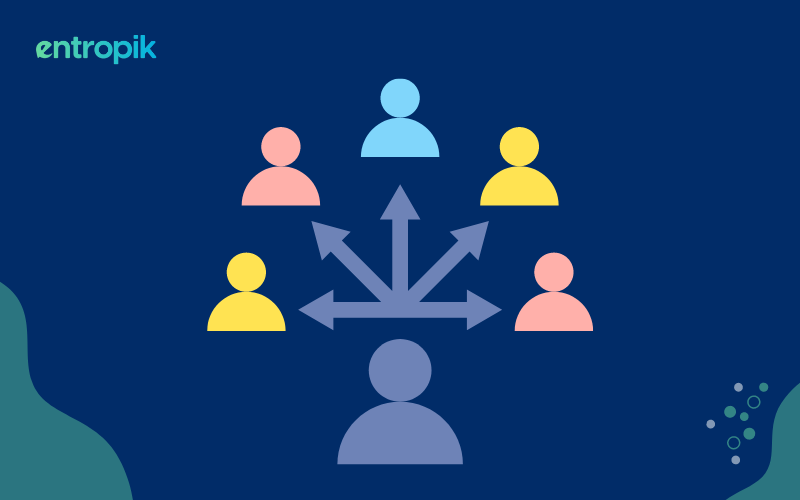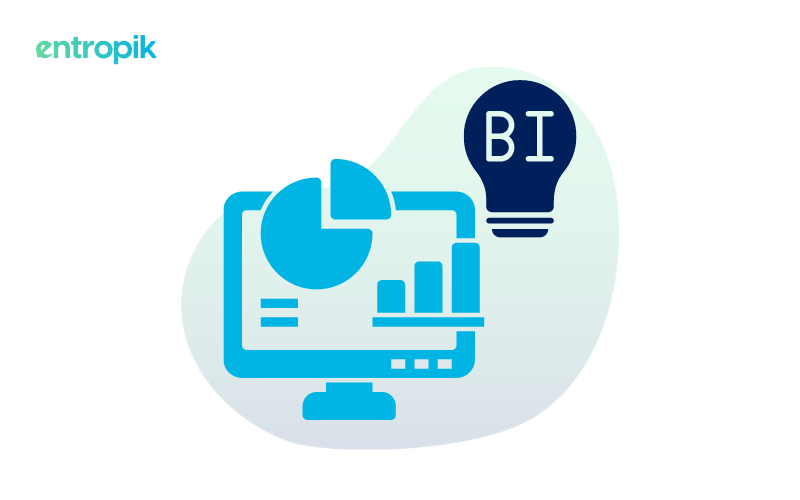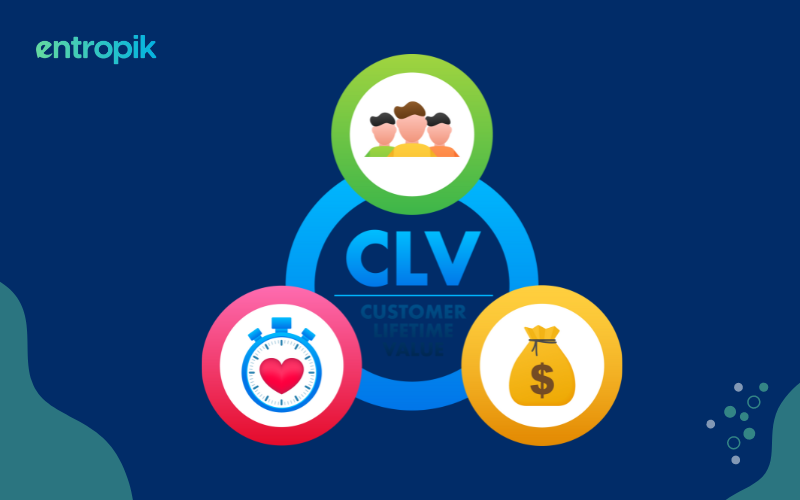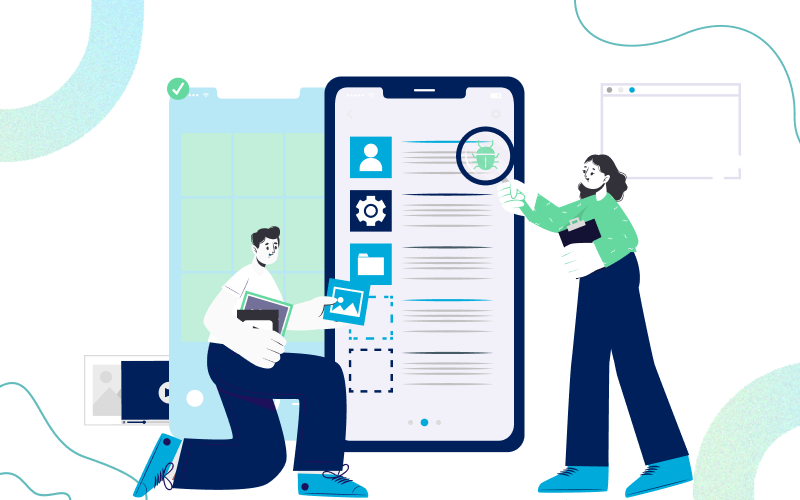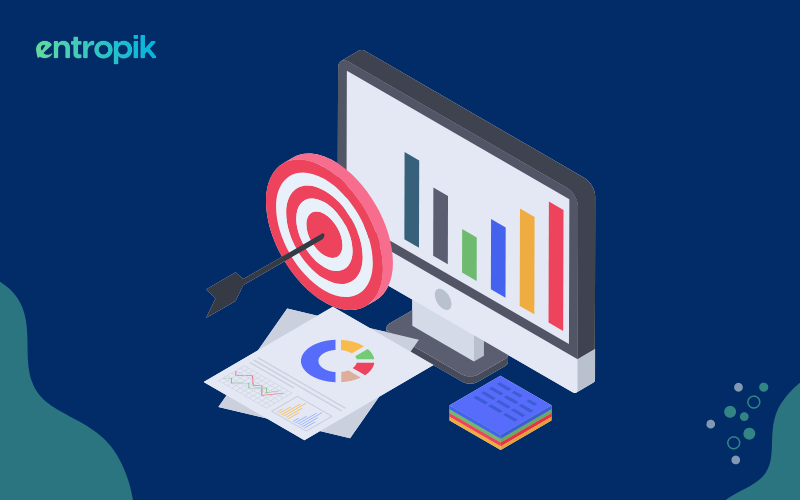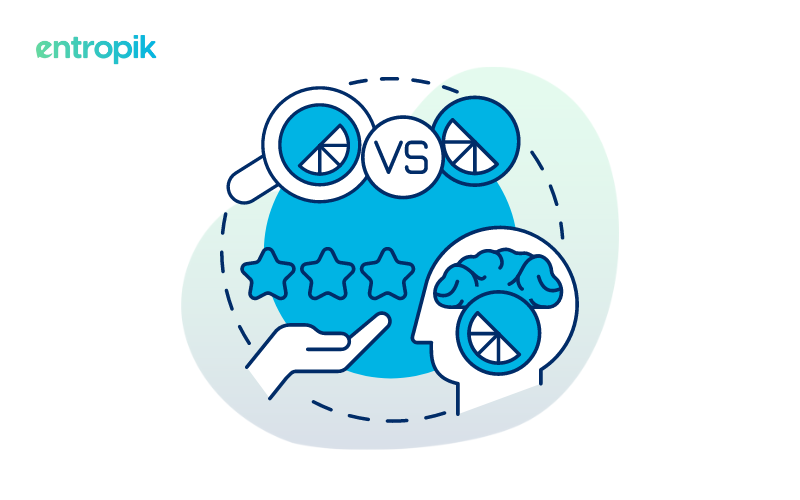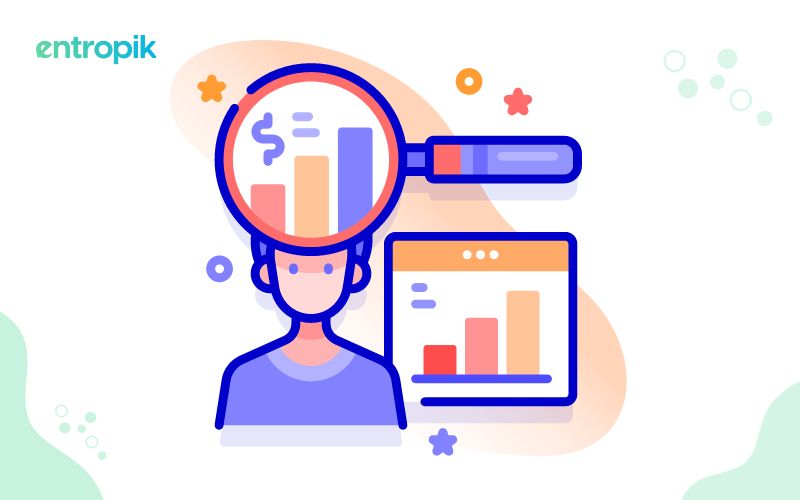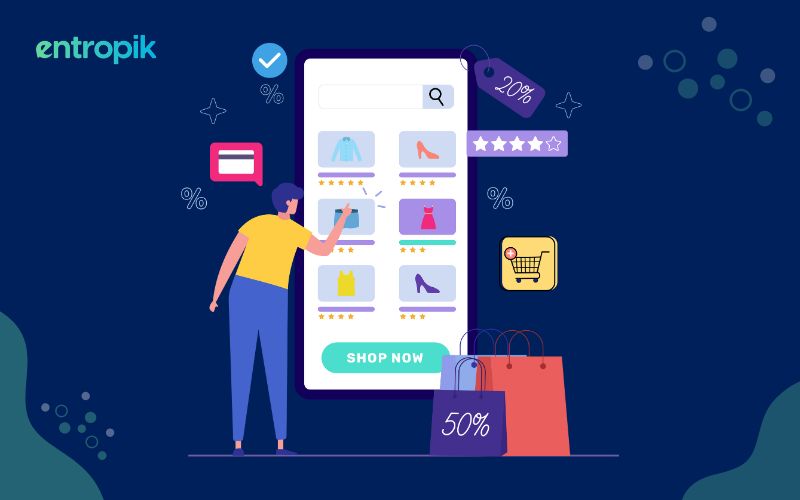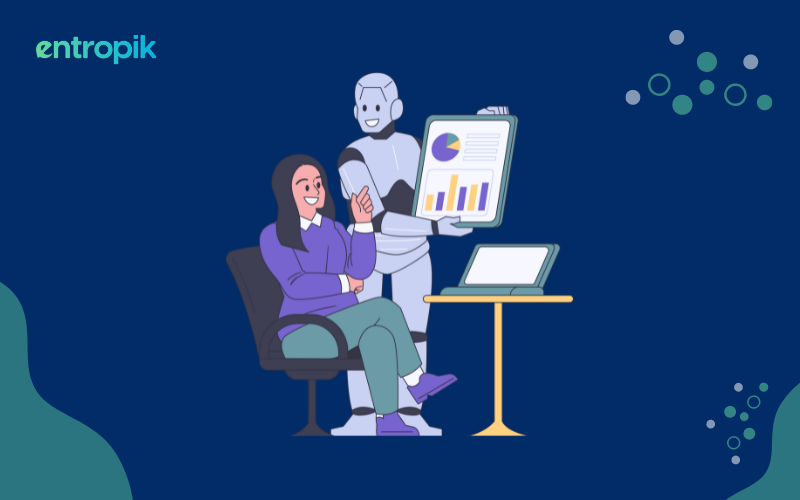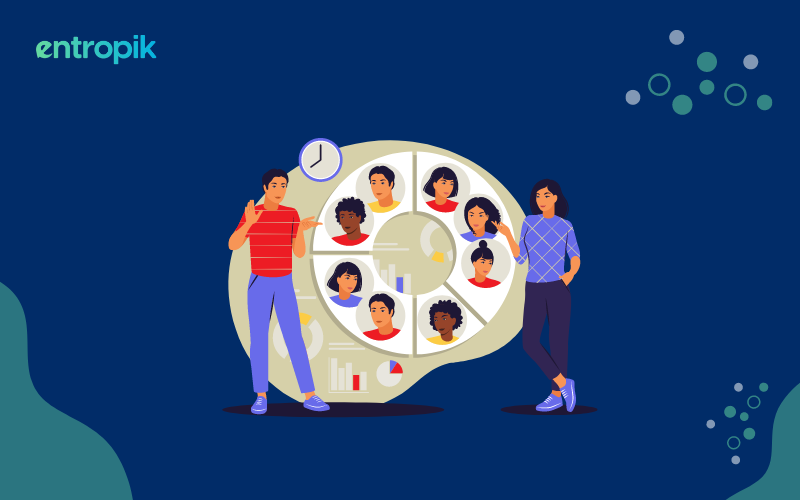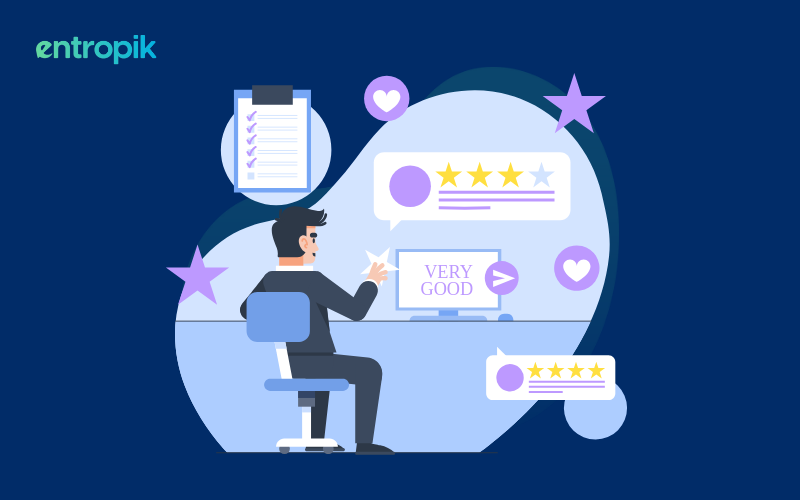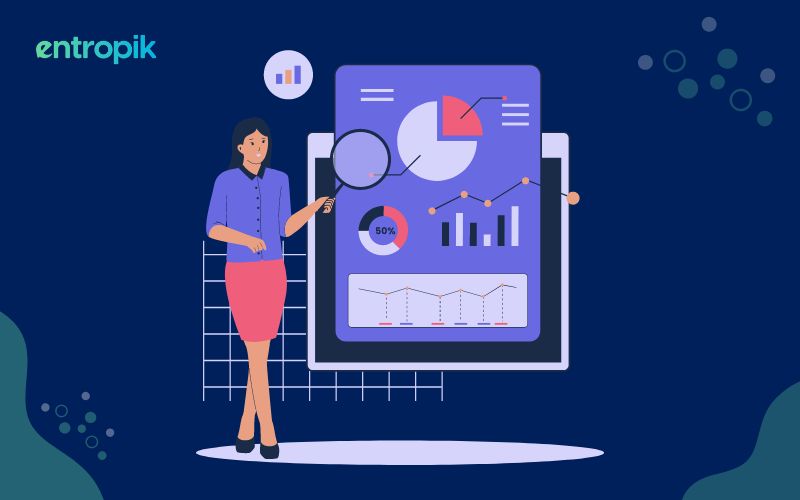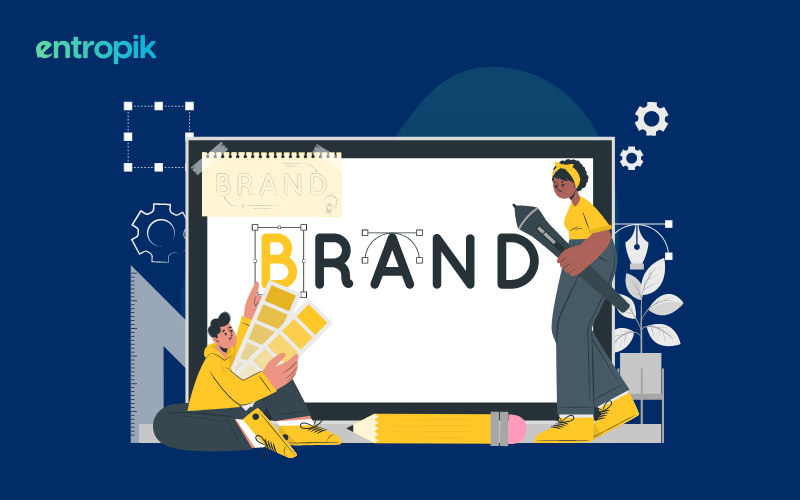Imagine you're a market researcher tasked with understanding consumer preferences for a leading beverage company. Your goal is clear: unearth insights that will guide product development and marketing strategies. You dive headfirst into mountains of data—customer surveys, social media mentions, sales figures, and more—hoping to expose key insights that will drive success. But there's a problem: the data is vast, diverse, and often unstructured. Traditional methods struggle to extract meaningful insights efficiently. You find yourself buried in spreadsheets, drowning in a sea of numbers and text, desperately trying to make sense of it all.
This scenario is all too familiar in the world of consumer research. The abundance of data sources coupled with the complexity of consumer behavior presents a formidable challenge for researchers. With the advent of Generative AI (Artificial Intelligence), a revolutionary tool has emerged that not only expedites the process of consumer research but also unlocks deeper insights than ever before. In this blog post, we delve into the importance of Generative AI in consumer research, exploring its capabilities, applications, and impact on the industry.
What is Generative AI?
Generative AI, or GenAI in short, is not just another buzzword—it's a game-changer for consumer research. By using technologies like machine learning and NLP (natural language processing), Generative AI has the ability to read and analyze large amounts of data from different sources. It can sift through videos, PDFs, presentations, transcriptions, and more, extracting insights that would have been virtually impossible to uncover using traditional methods alone.
Let's rewind to our market researcher grappling with mountains of data. Now imagine they have access to a cutting-edge Generative AI platform. With a few simple queries, they can unlock deep, unbiased insights from a wide range of data sources. They can ask simple questions and receive rapid, actionable answers, enabling them to make informed decisions with confidence. This is not just a hypothetical scenario—it's the reality of modern consumer research. Generative AI is revolutionizing the way we understand consumer behavior, empowering researchers to delve deeper, faster, and more accurately than ever before.
In this comprehensive guide, we'll explore the importance of Generative AI in consumer research. From its underlying principles to real-world applications, we'll get into the transformative potential of this technology, where data is not just a challenge but an opportunity.
Understanding the Generative AI Landscape
To fully understand the impact of Generative AI on consumer research, it's crucial to look at the diverse landscape driving innovation in this field. From cutting-edge algorithms to pioneering startups, the landscape of Generative AI is rich with possibilities, offering various solutions to address the unique challenges of consumer behavior analysis.
Generative AI Tools and Platforms: A variety of Generative AI tools and platforms have emerged in recent years, each offering unique capabilities and functionalities. These tools range from open-source libraries like TensorFlow and PyTorch to proprietary end-to-end consumer research platforms like Decode. Researchers have access to different kinds of resources, enabling them to customize their approach to the requirements of their consumer study objectives.
Generative AI Companies: The Generative AI ecosystem is teeming with innovative startups and established companies alike, all vying to carve out their niche in the rapidly evolving landscape. From specialized firms focused solely on Generative AI to larger organizations incorporating Generative AI capabilities into their product offerings, there's no shortage of options for organizations seeking to leverage this technology for consumer research. Companies such as OpenAI, DeepMind, and NVIDIA are among the prominent players shaping the future of Generative AI, investing heavily in research and development to push the boundaries of what's possible.
Examples of Generative AI Applications: Generative AI and its applications cover a wide range of industries, from CPG and finance to entertainment and e-commerce. In consumer research specifically, Generative AI is being used to analyze customer feedback, predict purchasing behavior, and personalize marketing campaigns, among other applications.
Generative AI examples: Retail companies are employing Generative AI to generate product descriptions and recommendations based on customer preferences, while media companies are using it to create personalized content experiences tailored to individual users.
Comparing Generative AI Companies and Offerings: With so many options available, it's important for researchers to carefully consider different Generative AI companies and their offerings. Factors to consider in this case include the scalability and performance of the underlying technology, the level of customization and flexibility offered, and the quality of support and documentation provided. By conducting thorough due diligence and multiple options, researchers can ensure they select the Generative AI solution that best aligns with their needs and objectives.
The Future of Generative AI: As Generative AI continues to evolve and mature, the future looks brighter than ever for consumer research. Advances in deep learning, natural language processing, and computer vision are driving new breakthroughs in Generative AI, enabling researchers to extract deeper insights from increasingly complex datasets. Looking ahead, we can expect Generative AI to play an even greater role in shaping the future of consumer research, unlocking new possibilities, and driving innovation across industries.
How to use Generative AI in Research?
To leverage generative AI in consumer research, start by gathering diverse data sets encompassing demographics, purchasing history, and online interactions. Utilize generative AI algorithms to analyze this data, identifying nuanced patterns and trends that may not be possible through manual analysis. Develop detailed consumer profiles, incorporating preferences and behaviors, to enhance your understanding of target audiences. Use predictive analysis to understand future trends and market shifts, enabling proactive business strategies. Additionally, you can utilize generative AI for personalized product recommendations, market segmentation, content generation, and sentiment analysis of consumer feedback.
While doing so, it is important to remain vigilant about ethical considerations, ensuring transparency and addressing potential biases in data collection and analysis. By using generative AI, you can uncover invaluable insights into consumer behavior, empowering informed decision-making and driving business success.
{{cta-button}}
Importance of Generative AI in Consumer Research
Deep Insight Generation: With Generative AI, consumer researchers can unlock deep insights from vast amounts of data with unprecedented speed and accuracy. By analyzing diverse data sources such as videos, PDFs, PPTs, transcriptions, and more, Generative AI can extract valuable patterns and trends that might have otherwise remained hidden.
Enhanced Personalization: In today's era of hyper-personalization, understanding individual consumer preferences is crucial for businesses. Generative AI enables researchers to delve into granular details, uncovering nuanced preferences and behaviors that can inform personalized marketing strategies and product offerings.
Comprehensive Data Analysis: Generative AI isn't bound by the limitations of human cognition, enabling it to analyze vast datasets comprehensively and extract insights at scale. This capability allows researchers to explore complex relationships and correlations within the data, leading to more robust and informed decision-making.
Efficiency and Cost-Effectiveness: Traditional consumer research methods often involve labor-intensive processes and significant time and resources. Generative AI streamlines this process by automating data analysis and insight generation, reducing both the time and costs associated with research endeavors.
Forecasting: Leveraging advanced algorithms, Generative AI can forecast future trends and consumer behavior with remarkable accuracy. By identifying emerging patterns and understanding data trends, businesses can adapt their strategies proactively to stay ahead of the competition.
Generative AI Use Cases in Consumer Research
Let us look at some of the Gen AI use cases in research:
Market Segmentation and Targeting: Gen AI excels in identifying patterns within consumer data, enabling researchers to segment markets more effectively. By analyzing demographic, psychographic, and behavioral data, Gen AI can identify distinct consumer segments with unique preferences and characteristics. Armed with this knowledge, marketers can tailor their strategies to resonate with specific target audiences, maximizing the effectiveness of their campaigns.
Product Development and Innovation: In the fiercely competitive consumer goods industry, innovation is key to staying ahead of the curve. Gen AI facilitates product development and innovation by analyzing consumer feedback, market trends, and competitor offerings. By generating insights into consumer preferences, emerging trends, and unmet needs, Gen AI empowers companies to build products that target audiences resonate with, driving growth and profitability.
Brand Perception and Reputation Management: Maintaining a positive brand image is paramount in today's hyper-connected world. Gen AI helps companies monitor brand perception and manage their online reputation by analyzing consumer sentiment across various channels. By identifying positive and negative sentiment trends, as well as key influencers and detractors, Gen AI enables companies to proactively address issues and capitalize on opportunities to strengthen their brand equity.
Customer Experience Optimization: Exceptional customer experience is key to building brand loyalty and driving repeat sales. Gen AI aids in optimizing the customer experience by analyzing customer interactions, feedback, and preferences across touchpoints. By identifying pain points, preferences, and areas for improvement, Gen AI enables companies to enhance their products and services to meet the needs and expectations of their customers better.
Predictive Analytics: Anticipating future consumer behavior is critical for making informed business decisions. Gen AI leverages predictive analytics and forecasting techniques to get insights based on historical data and identify new patterns and trends. By generating accurate predictions and forecasts, Gen AI enables companies to anticipate market demand, optimize inventory levels, and mitigate risks, thereby maximizing revenue and profitability.
Content Personalization: With the proliferation of digital channels and content, personalization has become a key differentiator for brands. Gen AI facilitates content personalization and recommendation by analyzing user preferences, browsing behavior, and engagement metrics. By generating personalized recommendations and content tailored to individual users' interests and preferences, Gen AI helps companies increase engagement, conversion rates, and customer satisfaction.
Competitive Intelligence: Keeping tabs on competitors' activities and performance is essential for staying ahead of the competition. Gen AI enables companies to conduct competitive intelligence and benchmarking by analyzing competitors' products, pricing strategies, marketing campaigns, and customer feedback. By generating insights into competitors' strengths, weaknesses, and market positioning, Gen AI empowers companies to identify strategic opportunities and threats, informing their decision-making and market strategies.
Risks of Using Generative AI in Research
Biased Output: Generative AI models tend to replicate biases present in the data they learn from. If the Gen AI data is skewed toward specific demographics or viewpoints, the generated outputs may exhibit similar biases. For instance, if it is trained on news articles with biased language or perspectives, it may produce outputs that preserve or amplify those biases. Addressing this risk involves using diverse and balanced data and implementing techniques to detect and remove these biases.
Ethical Concerns: The data involving Generative AI systems can raise ethical concerns, particularly when they involve sensitive topics or potentially harmful content. For example, deepfake technology, a type of Generative AI, can create convincingly realistic but entirely fabricated videos depicting individuals saying or doing things they never did. Ethical considerations in Generative AI research include making sure informed consent from participants, avoiding harm to individuals or groups, respecting privacy rights, and being transparent and accountable where using AI is concerned.
Misinformation and Manipulation: Generative AI can be exploited to produce misinformation, manipulate public opinion, or deceive individuals. For instance, it can be used to generate fake articles, social media posts, or reviews aimed at spreading false information or influencing decision-making. Steps should be developed to detect and combat fake content by enhancing media literacy for users to understand genuine and manipulated content, and collaborating with experts to develop strategies for countering the spread of misinformation.
Security Risks: Generative AI systems and data can be vulnerable to security breaches and attacks. For example, attackers may exploit vulnerabilities in AI systems to tamper with data or extract sensitive information. Researchers must implement robust security measures, such as encryption and access controls, and collaborate with security experts to identify and address vulnerabilities in AI technologies.
Final Thoughts
Generative AI is changing the way consumer research is performed today and is revolutionizing the way brands understand and engage with their target audiences. Entropik has integrated GenAI technologies into its consumer research platform in the form of Decode CoPilot. This has simplified the research process and changed the way brands understand and engage with consumers and with research data.
From unlocking deep insights to driving personalized experiences and predictive analytics, Generative AI offers different opportunities for businesses to excel in today's fast-paced and competitive market. With advances in technology, it is essential for organizations to prioritize the ethical and responsible use of AI technologies. Taking the right steps will ensure Generative AI can be utilized to its full potential.
{{cta-button}}















.jpg)



